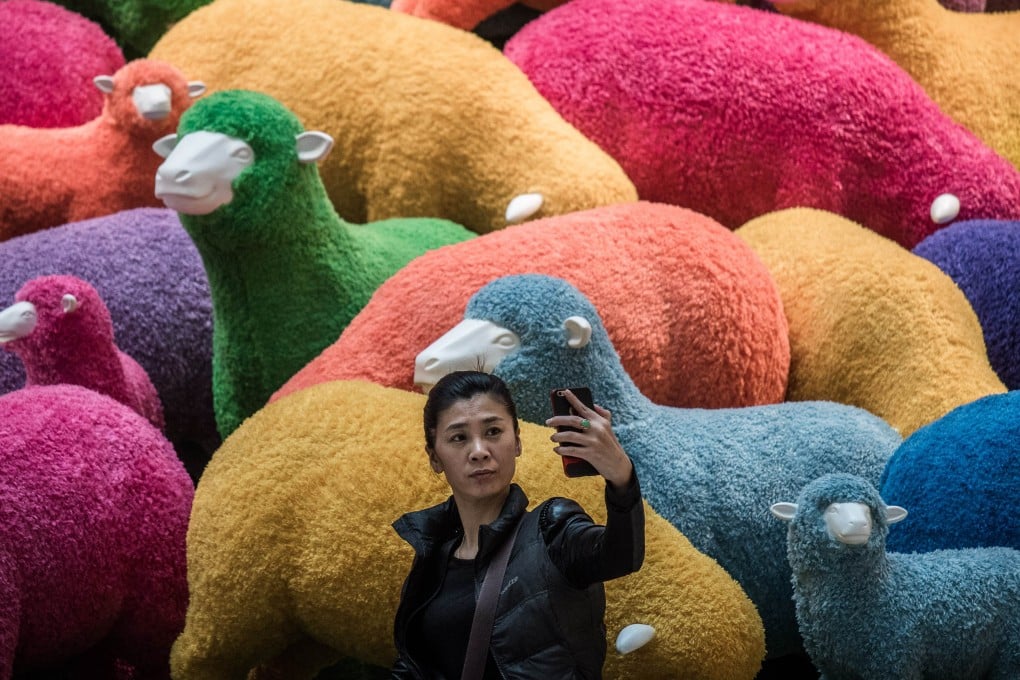Opinion | If Hongkongers are sheep, how far will Leung Chun-ying go to protect his flock?
Frank Ching says if Hong Kong people can really be described as sheep, then Leung should be prepared to take on the role of a good shepherd

The animal sign of the lunar new year that we have just entered is not controversial in Chinese, since it is simply called the Year of the Yang, or "Yeung" in Cantonese. But in English, there has been a huge controversy over whether it should be called the year of the sheep, the goat, or perhaps the ram.
The debate has brought in linguists, historians, archaeologists, folklorists and cultural experts, many of whom have weighed in on the side of the goat.
To Chinese people in general, it seems, it's not a big issue. Why bother to differentiate between sheep and goats? The Chinese character doesn't, just as the Chinese language doesn't differentiate between singular and plural, past and present tense, or male and female (until Westerners came along).
So far, theologians and religious scholars don't seem to have played a substantial role in the furore, which is a pity given the wealth of biblical material on the difference between the sheep and the goat.
After all, Matthew's gospel says that on Judgment Day, Jesus in all his glory will divide the sheep from the goats. He will put the sheep on his right hand and the goats on his left. The former will be destined for eternal bliss and the latter condemned to hell and damnation. So it seems the difference is pretty crucial.
Of course, sheep and goats represent good and evil people, who will receive their just deserts in the afterlife. But the Bible more than once talks not only about sheep, but about Jesus as the Good Shepherd, who will, if necessary, lay down his life for his flock.
Chief Executive Leung Chun-ying, in his New Year message, which was delivered in Chinese, doesn't differentiate between sheep and goats.

